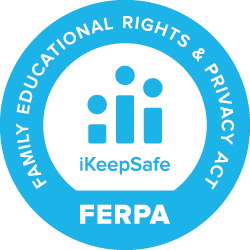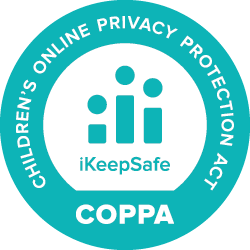Live Event: March 8, 2018 at 1:00pm Eastern (US)
Lynn Sweet is a Plant Ecologist at University of California, Riverside where she investigates biological questions that help inform the management and conservation of plant and animal species. We asked her a few questions about herself and her STEM career to get to know her and her work a bit better before her live event.
About Lynn
Name: Lynn Sweet
Title: Plant Ecologist
Layman’s Title: Biologist
Company: University of California, Riverside
Years in this organization/position?
5
What does your organization do?
The University of California is a major research university, providing undergraduate and graduate education in addition to leading world-class research on its 10 campuses, 5 medical centers, and 3 national laboratories. The Riverside campus is a leader in Natural Sciences including Botany and Entomology.
What is your role in the organization?
I work in a research department, the Center for Conservation Biology. We are dedicated to investigating biological questions that help inform the management and conservation of plant and animal species. I work in a remote office, located in Palm Desert, California.
What type of science, technology, engineering or math do you use in your career? And how often do you use them?
While I do a lot of outreach and coordination, my full-time job is science. Almost every working day of the year, in our office we are out collecting data from our various projects- study plots, monitoring locations, weather stations, insect traps, etc. We analyze the data in our office and write reports and academic papers for peer-reviewed journals.
How is the work you do important to society?
The work we do is used to advise local government agencies in the desert region about conservation and management of species. We also publish information about our research in academic journals, which are important contributions to our field, within our academic community.
What accomplishments are you most proud of in your current role?
I have put together vegetation maps that cover nearly all of the land within the Palm Springs area, an area with important ecological features, and endangered species. These maps will be used to monitor changes in the plant community and habitats for years to come.
What projects or goals are you currently pursuing?
I have many projects happening simultaneously! A lot of our research is focused in the springtime due to our desert environment. This spring I will be continuing to map vegetation throughout the local valley floor, working in Joshua Tree National Park on our measurements plots, helping to monitor our permanent sand dune plots (wildflowers, lizards, and insects). Additionally, I am doing computer modeling of desert tortoise habitat on the 29 Palms Marine Base, working with their environmental science staff. I also help coordinate a few local groups such as the Native Plant Society and the Invasive Plant Management effort here.
What are the biggest challenges you face in your work?
Since we are investigating questions in a unique environment, there aren’t necessarily rule books about how to do the science we do here. A lot of the time, we are inventing our own protocols, using equipment in new ways, designing unique experiments and so forth. So it’s a constant creative challenge to figure out how to get the information we need.
What is the most exciting, most amazing, or scariest thing that has happened to you during your work?
When I worked for a different campus, the Santa Barbara campus of UC, I was in charge of a field projects in the mountains of California. For one study that required tissue from oak seedlings from all of my study plots, I drove almost 1000 miles in 3 days, visiting each of my field sites. The sites ranged up to 8,000 feet elevation, and involved 4 wheel driving to remote locations on forest preserves and I camped as I went. While nothing too exciting or scary happened, I chalk this up to being well-prepared (for instance, I had bear spray, a personal locator beacon, a blaze orange vest, and a bow saw in case of downed trees on the road), first aid kit, I’d left a detailed itinerary with someone at work and and failing to be intimidated by the challenge. Preparedness isn’t terribly exciting, but it sure beats accidents in the field!
Highest degree attained/ Schools attended?
B.S. Biology, Dickinson College; PhD, Plant Biology, University of California, Riverside
What educational accomplishments are you most proud of?
Earning my PhD
What kinds of challenges did you overcome during your education?
I was lucky that I have very supportive parents who encouraged me to do well in school and supported my studies. The only challenges I faced were common to girls and women, needing to overcome expectations and “draw outside of the lines” in terms of what I was expected to be interested in. For instance, I love maps, computers, stars and the outdoors! There is no gender to those interests.
Previous employers and positions that have lead to your current role:
I worked for several summers in Maine on different projects, all having to do with biology or conservation. I got experience with insects at the Maine Forest Service, with seaweed at the University of Maine. I also had internships with the Bureau of Land Management in Wyoming (invasive plants) and the US Geological Survey in Hawaii (birds and malaria). Fantastic experiences.
Other positions not necessarily related to your current career
I’ve been a waitress, worked in catering, worked as a stage hand in a theater, at my college cafeteria, as a gardener, as a tour guide and as a library supervisor!
Best job you’ve ever had and why/Worst job you’ve ever had and why
My current job is the best job. I get to do such a variety of projects and work independently on things that interest me. I don’t think I have a worst job– I’ve learned something from all of my jobs!
What were you like as a kid?
Quiet, loved the outdoors.
Favorite classes/coursework in elementary school, middle school, high school, college
Biology, ornithology (study of birds), evolutionary biology, and an english course called “Romantic Natural History” (“romantic” referring to the period of time or style in which the authors were writing, such as Wordsworth, Keats, and Thoreau)
What were your favorite books/shows/movies when you were a kid?
A Wrinkle in Time books, Anne of Green Gables, and the science kids shows on PBS (Square one, etc.). Also wildflower books, National Geographic magazines.
What did you think you were going to be when you grew up at age 12? At age 15? At age 18?
An archaeologist basically until 19 or so. Then an ornithologist, then a botanist!
When did you know you wanted to pursue your current career, and what drove you towards it?
I always knew that I was interested in the natural world. No question that I wanted to work in some realm of science. As I grew up, various topics interested me- archaeology, anthropology, ornithology, but ultimately I settled on Biology and plant sciences. My experiences in early career and in college solidified my commitment to making a difference in terms of our understanding of the natural environment. My career has broadened that somewhat into biogeography (where organisms are distributed in the landscape and why) and conservation (asking scientific questions and undertaking science that helps to inform decisions to conserve species).
If you weren’t doing what you’re doing now, what other career(s) might you have pursued?
I’m not sure! I suppose writing fiction or volunteering abroad if I didn’t need to work to support my family! 🙂
What are your favorite hobbies or activities you do for fun?
Hiking, knitting, documenting plants on apps like iNaturalist
Do you play any musical instruments or play any sports?
I used to play piano and sing. I played field hockey and track in high school. Nowadays I mostly just sing to my 5 month old! He’s a good audience.
What is your favorite non-science book, magazine, or blog?
Bon Apetit magazine. Barbara Kingsolver- High Tide in Tucson. I should say that I follow a lot of scientists on Twitter, so I end up reading from a variety of sources.
What’s the most frequently played song in your playlist?
I don’t tend to listen to one song frequently and my music is pretty dated- I have everything from U2, Sara Bareilles, Elton John and Brandi Carlile on there! If I really want to work, I play Andrew Bird- like the alternative equivalent of classical music- very intellectual.
Who do you look up to and admire?
My past mentors have been fantastic. My graduate advisor, Jodie Holt. As well, people that are brave and vocal in standing up for science in the media such as Jane Goodall, Harrison Ford and Neil deGrasse Tyson.
What advice would you give a student interested in pursuing your career?
Keep at it and don’t be deterred by setbacks. Everyone has them! As well, don’t be intimidated by science and math. Everyone who has ever learned these topics learned it one step at a time. It’s a process of building up what you know a little at a time. As well, many people are there to help if you ask. Teachers and professors love to know that you are interested and may have opportunities! Don’t be afraid to talk to them. If mentors don’t seem apparent right away, you may find scientists or others writing blogs or on Twitter about the sorts of issues facing folks from various backgrounds pursuing scientific careers.
What advice would you give students in general?
Similar to above^^.
What are some interesting places you’ve traveled?
I studied abroad in Australia as an undergrad, near Cairns, in the rainforest of Northeast Queensland. That is probably the coolest place I’ve ever been. Unique flora and some really cool animals.


